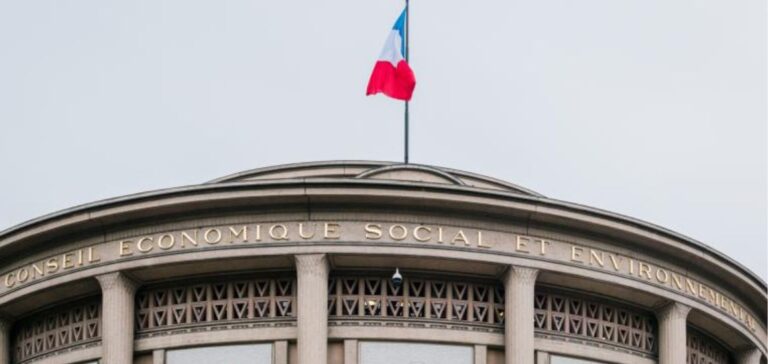The Economic and Social Council (Cese) maintains that France will need about 70 billion euros of additional investment per year by 2030 to reduce greenhouse gas emissions from the main emitting sectors. These investments will be aimed at improving the thermal insulation of buildings, the development of railways and the electrification of vehicles.
The Cese gives proposals to finance the French strategy
The Cese proposes fifteen proposals to finance the French Strategy for the Economy and Climate (SFEC). These include a credible and visible recovery of the carbon price in France, a shift away from fossil fuel dependence, and increased climate-related investments. An equity financing obligation is proposed in order to encourage banks to stop investing in fossil fuel projects.
Measures to be taken by the European Union
In order to meet this financing, Cese suggests that the European Union should remove certain climate-related investments from the supposedly restrictive Maastricht rules on debt with a common loan. The European Central Bank (ECB) can also introduce differentiated interest rates for transition-friendly projects, while multi-annual programming of public finances based on energy and climate roadmaps is encouraged.






















